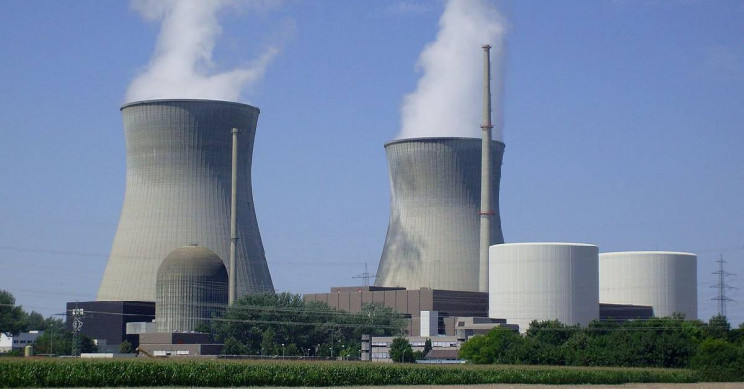India’s first indigenously developed nuclear power reactor which is developed as part of the Kakrapar Atomic Power Project in Gujarat has started commercial operations. The start of operation of the 700 MW capacity reactor was announced recently by a senior KAPP official.
The official said, “With great pleasure, we inform you that our first indigenous 700 MWe Unit, KAPP-3, become commercial on 30th June 2023 at 1000 Hrs. As we speak, the unit is operating at 90 per cent of its total power.”
Development of more reactors at the Kakrapar Atomic Power Project in Gujarat
The Nuclear Power Corporation of India Limited (NPCIL)is building two 700 MW pressurized heavy water reactors (PHWRs) at Kakrapar. NPCIL is the company responsible for the generation of electricity from nuclear power in India.
Noteworthy, Kakrapar Atomic Power Project (KAPP) in Gujarat is already home to two 220 MW power plants. Reportedly, various commissioning activities are underway at KAPP 4, the second pressurized heavy water reactor at the facility. The reactor had achieved 96.92 per cent progress by May end of 2023.
Including the indigenously developed nuclear power reactor KAPP 3 and KAPP 4, NPCIL is building a total of sixteen 700 MW PHWRs across the country. The company has already granted financial and administrative sanctions for the project.
Also Read: Rooppur Nuclear Power Plant Project Updates, Bangladesh
As a result, the construction of 700 MW nuclear power plants is underway at Rawatbhata in Rajasthan (RAPS 7 and 8). Others are being built at Gorakhpur in Haryana (GHAVP 1 and 2).
10 indigenously developed PHWRs to be built at four locations across the country
The government of India has also sanctioned the construction of 10 indigenously developed PHWRs in fleet mode at four locations. The locations in question include Gorakhpur in Haryana, Chutka in Madhya Pradesh, Mahi Banswara in Rajasthan and Kaiga in Karnataka.

Leave a Reply